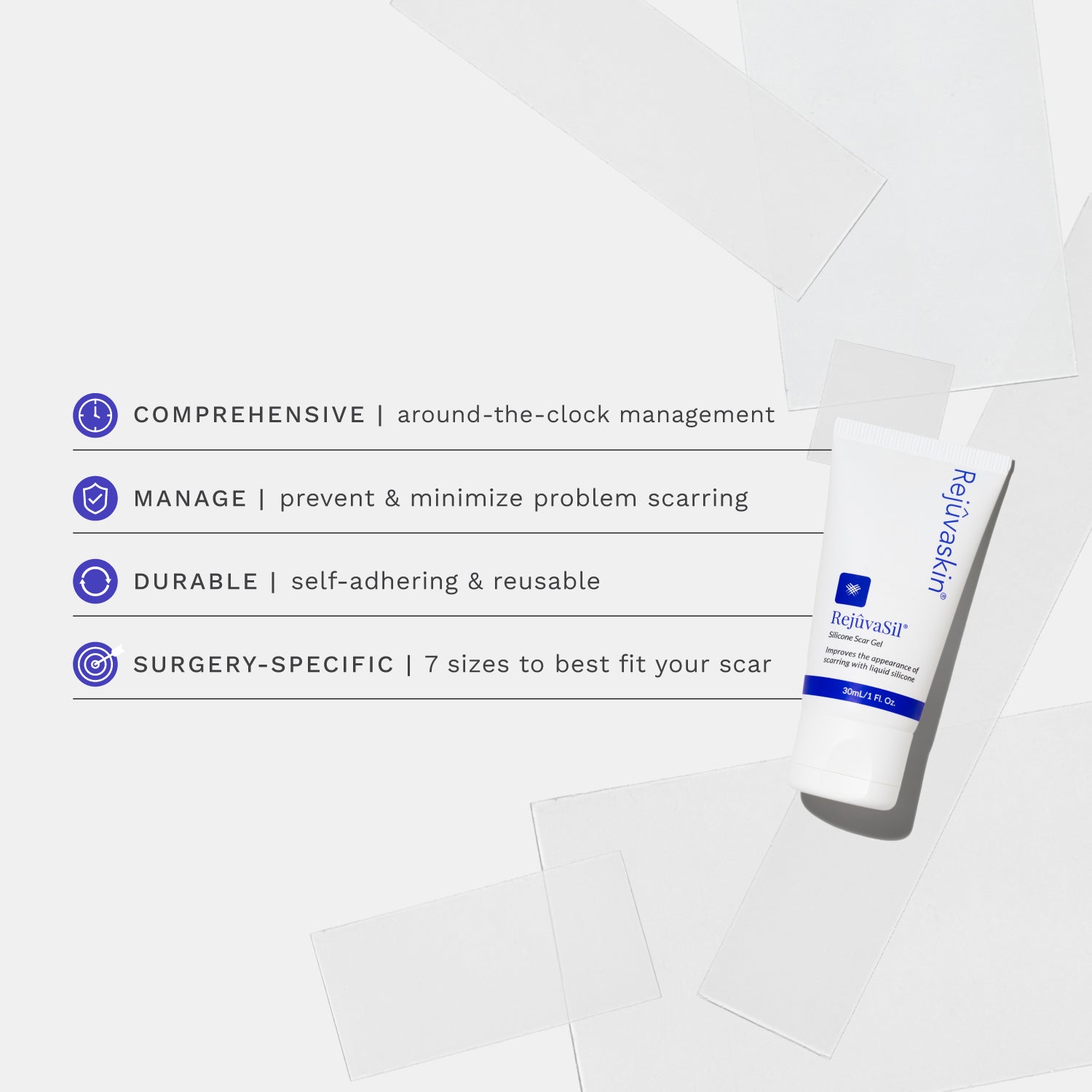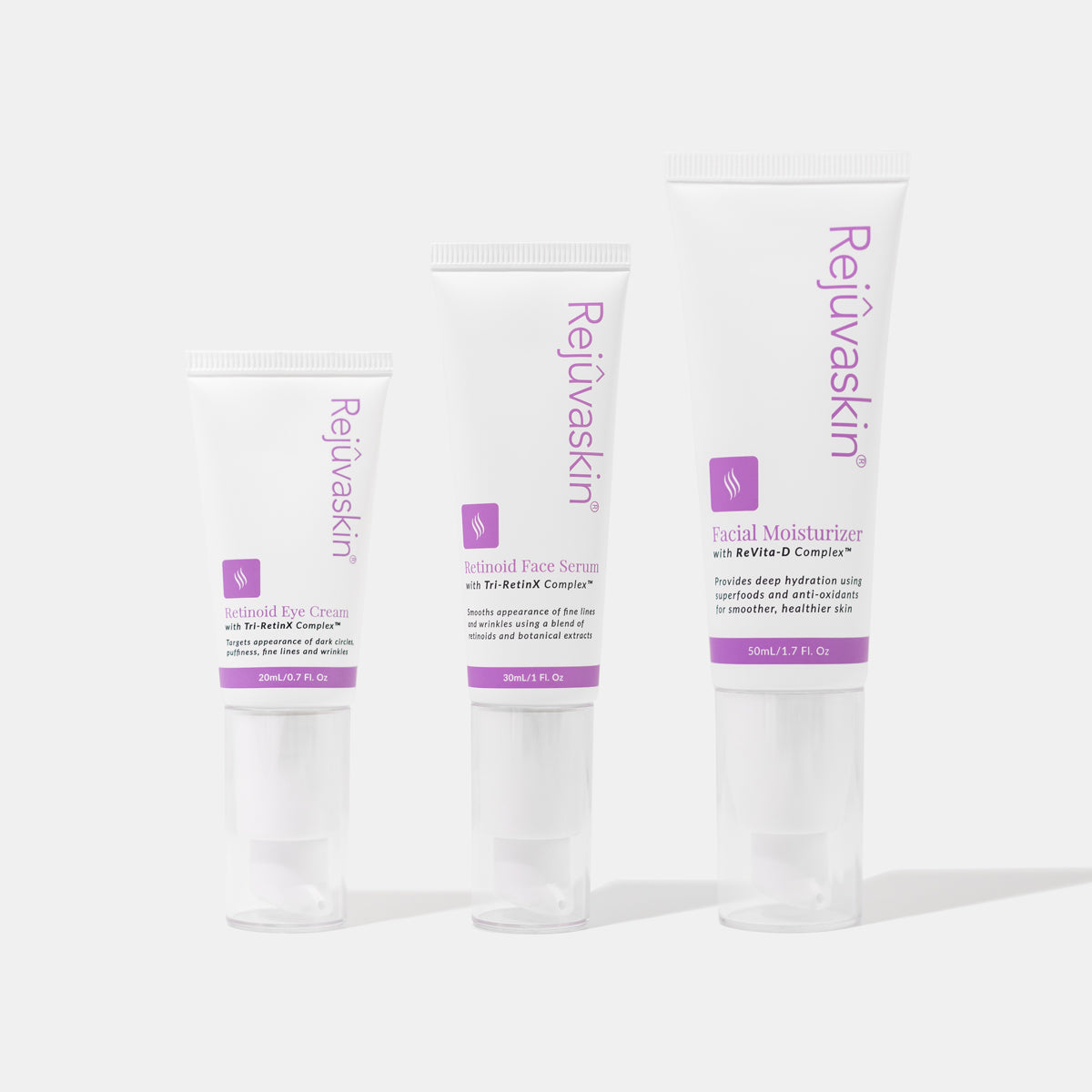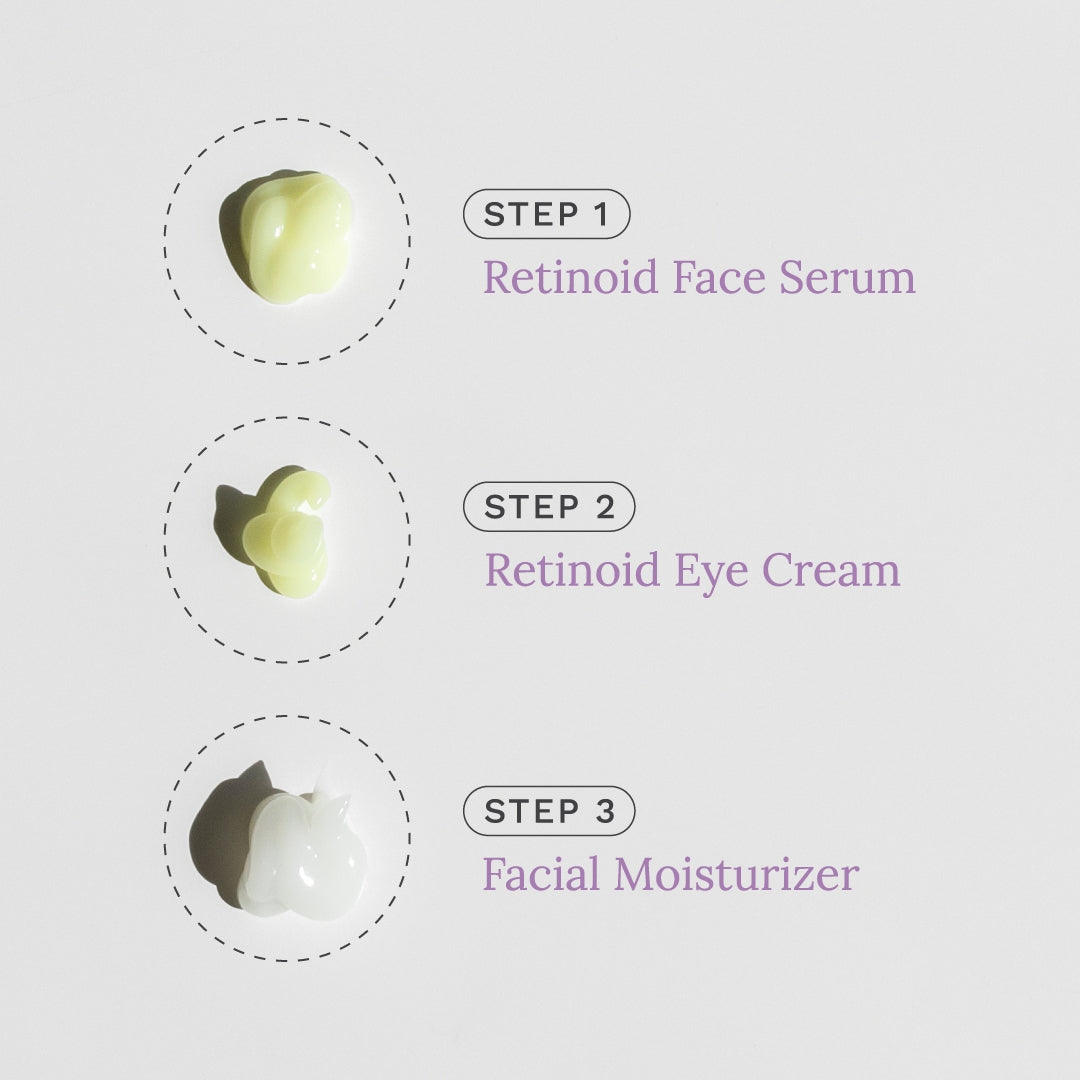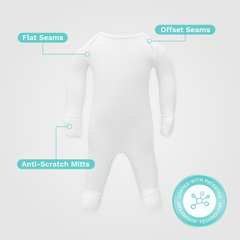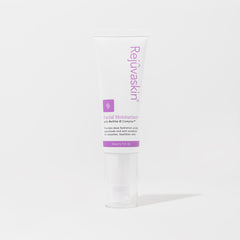Recognizing Eczema Isn’t One-Color-Fits-All
Eczema (or atopic dermatitis) can show up differently depending on your skin tone—and that matters more than most people realize. For individuals with skin of color, eczema may appear as purple, gray, or dark brown patches instead of the classic red, inflamed look commonly seen on lighter skin.
This difference in appearance often leads to misdiagnosis, delayed treatment, and prolonged discomfort. Many healthcare providers are simply not trained to recognize eczema in richly pigmented skin (Myers, 2015).
Why Eczema Impacts Skin of Color Differently
It’s not just how eczema looks—it’s also about how it heals. People with darker skin tones are more prone to post-inflammatory hyperpigmentation (dark marks left behind after flare-ups), which can be longer-lasting and harder to treat (Bonamonte et al., 2014).
Many patients with skin of color face:
-
Undertreatment due to poor recognition
-
Chronic discoloration after flare-ups
-
Frustration and decreased quality of life
These pigmentation issues often persist even after inflammation is under control, making gentle and targeted skin recovery a priority.
How Rejuvaskin Supports Skin of Color with Eczema
At Rejuvaskin, we believe every skin tone deserves care that understands its specific needs. Our Skin Recovery Cream is designed to:
-
Calm irritation with botanical ingredients like calendula and aloe vera
-
Deeply moisturize with hyaluronic acid to support the skin barrier
-
Help reduce visible signs of inflammation without harsh ingredients
Our formula is non-irritating, fragrance-free, and ideal for those managing eczema-related sensitivity and discoloration. Think of it as skin rehab—without the downtime.
Plus, Rejuvaskin products are formulated to be safe for all skin types and tones, and are often recommended by professionals working with patients experiencing chronic skin inflammation and sensitivity.
Empowering Patients and Providers
Awareness is everything. Healthcare providers must be better trained to identify how eczema appears across different skin tones. In the meantime, individuals can take proactive steps:
-
Document symptoms with photos to show your provider how your skin reacts over time
-
Use skin-soothing, barrier-repairing products like Rejuvaskin Skin Recovery Cream
-
Advocate for yourself—request providers familiar with treating diverse skin tones
Eczema doesn’t look the same on everyone—and it shouldn’t be treated like it does. People with skin of color often face extra hurdles, from diagnosis to discoloration. Rejuvaskin is here to bridge that gap with skincare that respects your skin’s natural tone and helps restore it with confidence.
Works Cited
-
Myers, J. (2015). Challenges of identifying eczema in darkly pigmented skin. Nursing Children and Young People, 27(6), 24–28. Link
-
Bonamonte, D., Foti, C., Romita, P., Vestita, M., & Angelini, G. (2014). Colors and contact dermatitis. Dermatitis: Contact, Atopic, Occupational, Drug, 25(4), 155–162. Link

